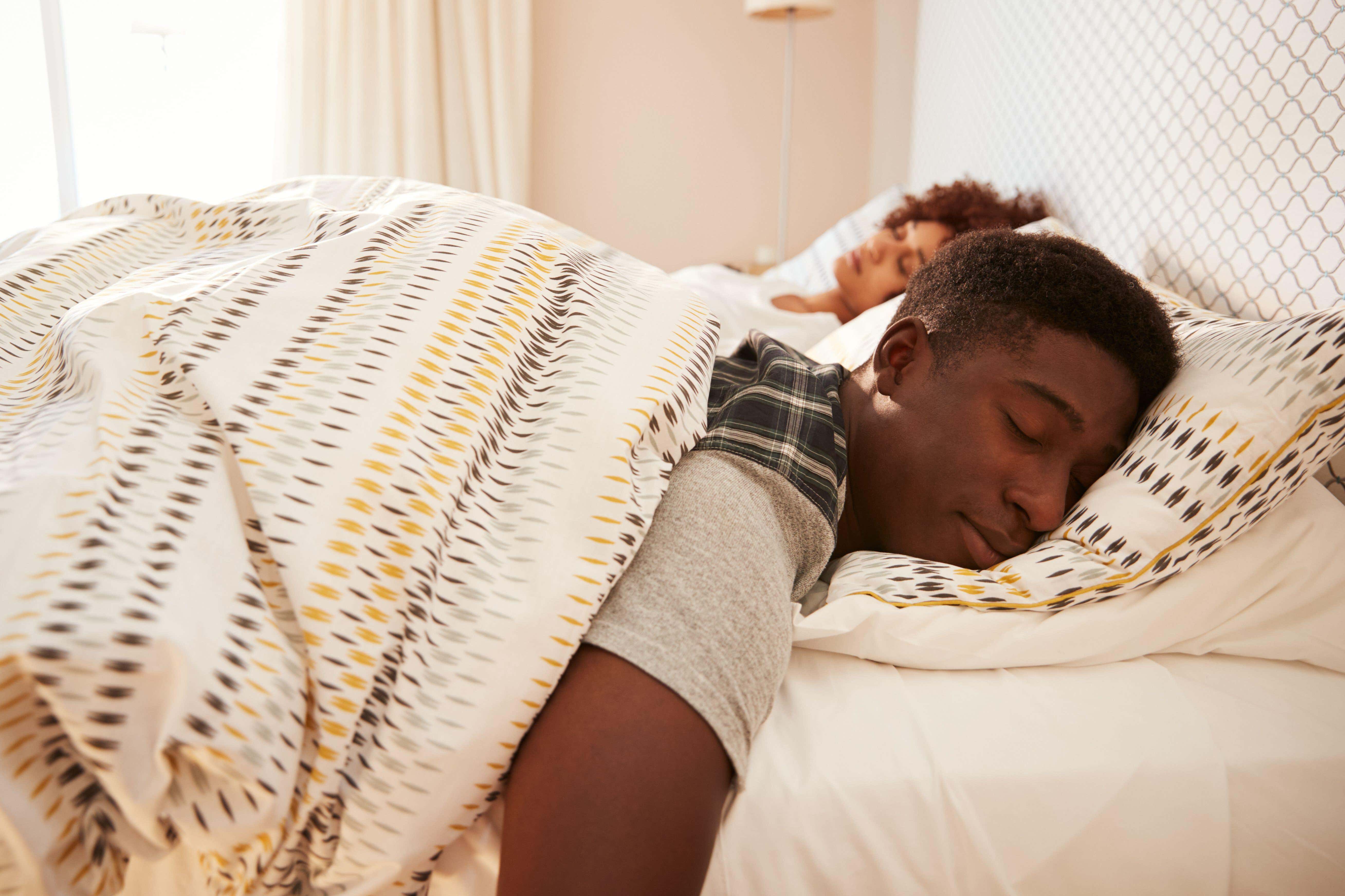Humans might not hibernate but may still need more winter sleep, study suggests
Could this be the first evidence we need to adjust our sleep habits to the season?

Your support helps us to tell the story
From reproductive rights to climate change to Big Tech, The Independent is on the ground when the story is developing. Whether it's investigating the financials of Elon Musk's pro-Trump PAC or producing our latest documentary, 'The A Word', which shines a light on the American women fighting for reproductive rights, we know how important it is to parse out the facts from the messaging.
At such a critical moment in US history, we need reporters on the ground. Your donation allows us to keep sending journalists to speak to both sides of the story.
The Independent is trusted by Americans across the entire political spectrum. And unlike many other quality news outlets, we choose not to lock Americans out of our reporting and analysis with paywalls. We believe quality journalism should be available to everyone, paid for by those who can afford it.
Your support makes all the difference.Humans do not hibernate, but new research suggests we might need more sleep during the winter.
The analysis of people undergoing sleep studies found that people get more REM (rapid eye movement) sleep in the winter.
According to the researchers, if the findings can be replicated in people with healthy sleep, this would provide first evidence for a need to adjust sleep habits to season – perhaps by going to sleep earlier in the darker and colder months.
During REM sleep, brain activity increases and people may dream.
Normal sleep starts with three stages of non-REM sleep at first, followed by a short period of REM sleep.
In general, societies need to adjust sleep habits including length and timing to season, or adjust school and working schedules to seasonal sleep needs
Whether people consider themselves morning people or night owls, our body clocks are set by the sun.
Therefore, in theory, changing day length and light exposure over the course of the year could affect the duration and quality of sleep.
New findings from researchers studying sleep difficulties suggest that even in an urban population experiencing disrupted sleep, humans experience longer REM sleep in winter than summer and less deep sleep in autumn.
Dr Dieter Kunz, corresponding author of the study, based at the Clinic of Sleep & Chronomedicine at the St Hedwig Hospital, Germany, said: “Possibly one of the most precious achievements in human evolution is an almost invisibility of seasonality on the behavioural level.
“In our study we show that human sleep architecture varies substantially across seasons in an adult population living in an urban environment.”
Although the people involved in the study were based in an urban environment with low natural light exposure and high light pollution – which should affect light indicating the season – the scientists say they found subtle but striking changes across the seasons.
While total sleep time appeared to be about an hour longer in the winter than the summer, this result was not considered statistically significant.
However, REM sleep – known to be directly linked to the circadian clock, which is affected by changing light – was 30 minutes longer in the winter than in summer.
While the researchers acknowledge that these results would need to be validated in people with no sleep difficulties, the seasonal changes may be even greater in a healthy population.
While most people’s waking time is currently largely out of their control, due to school or work schedules, society might benefit from accommodations which would allow humans to respond more effectively to the changing seasons, the scientists say.
In the meantime, going to sleep earlier in the winter might help accommodate human seasonality.
Dr Kunz said: “Seasonality is ubiquitous in any living being on this planet.
“Even though we still perform unchanged, over the winter human physiology is down-regulated, with a sensation of ‘running-on-empty’ in February or March.
“In general, societies need to adjust sleep habits including length and timing to season, or adjust school and working schedules to seasonal sleep needs.”
In the study, a team of scientists led by Ms Aileen Seidler in Dr Kunz’s working group at the Charité Medical University of Berlin recruited 292 patients that had undergone sleep studies called polysomnographies at the St Hedwig Hospital.
These studies are regularly carried out on patients who experience sleep-related difficulties.
A special laboratory is used where patients are asked to sleep naturally without an alarm clock, and the quality and type of sleep can be monitored as well as the length of sleep.
The researchers say that although the sleep disorders could potentially affect the results, this makes for a large study group evenly spread throughout the year, allowing for the investigation of month-to-month differences.
After exclusions were made for people taking sleep affecting medication, technical errors and for those who may have skipped the first REM stage, 188 patients remained.
Most of their diagnoses showed no seasonal pattern, but insomnia was more commonly diagnosed towards the end of the year.
The findings are published in the Frontiers in Neuroscience journal.